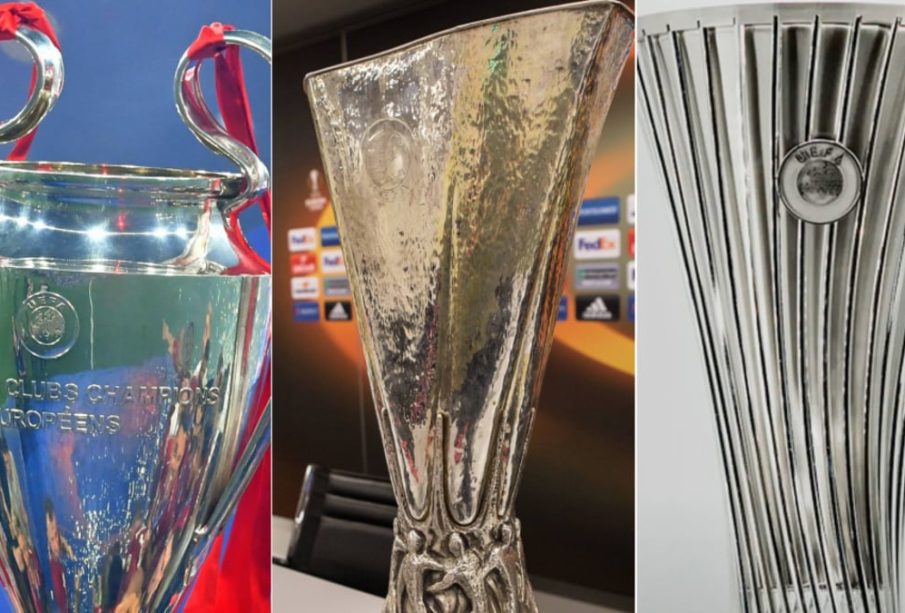Israel’s Role and Controversies in UEFA Events

Introduction
The recent involvement of Israel in UEFA events has gained significant media attention, especially following various political and social developments. As football increasingly intersects with international politics, Israel’s participation in UEFA competitions raises questions not just about sportsmanship, but also about broader geopolitical implications.
Recent Developments
In the 2023-2024 UEFA season, Israel’s national football team and club teams have faced intense scrutiny and opposition. The national team has been involved in crucial qualifying matches for the UEFA European Championship, with fans divided over their support due to the ongoing conflict in the region. Moreover, Israeli clubs such as Maccabi Tel Aviv and Hapoel Be’er Sheva have also been competing in European tournaments, facing hostility from some opposing fans. This animosity was highlighted during recent matches where fans displayed banners and chants related to the Israeli-Palestinian conflict.
UEFA’s response has been mixed. While the organisation promotes inclusion and diversity, some clubs have reported incidents of anti-Israel sentiment during games, leading to a call for UEFA to take a stronger stance against hate speech in football. The complexities of these situations illustrate how deeply sports and politics are intertwined, particularly in volatile regions.
Political Ramifications
The football community in Israel is lobbying for a better understanding of their situation within UEFA. Israeli officials argue that the country’s participation in Europe is vital for fostering relationships and breaking down barriers through cultural exchange. However, critics often argue that allowing Israeli teams to compete normalises the ongoing political situation and overlooks the impacts on Palestinian communities.
Conclusion
As the UEFA season progresses, the scenario surrounding Israel will likely intensify, particularly with forthcoming matches involving Israeli teams. While UEFA attempts to maintain its focus on football, the underlying political currents mean that discussions are unavoidable. The significance of Israel’s participation in UEFA reflects broader themes of identity, representation, and the potential for sport to promote dialogue in contentious settings. The hope remains that football can serve as a unifying force, even amid political turbulence.









